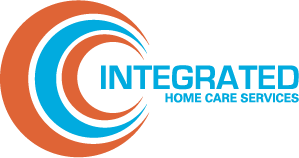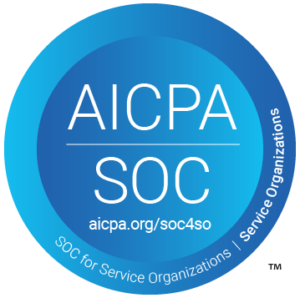By Josh Holmes, SVP of Business Development, and Paul Pino, Chief Development & Analytics Officer and Co-founder
Home care is expanding faster than ever before. In fact, up to $265 billion worth of care services for Medicare fee-for-service and MA beneficiaries is expected to shift to the home by 2025. By reducing the need for costly hospital services and providing care from the comfort of the home, home care promises lower costs, better outcomes, and increased member satisfaction.
The acceleration of home care, and the high expectations tied to this shift, are putting tremendous pressure and administrative burden on the provider and payer communities. Our partnerships with health plans—through which we oversee the home care needs of more than 2.2 million patients—are helping alleviate these burdens and ensure optimal care for patients in need of home care services.
This blog highlights six of the key ways we solve home care challenges for our partners:
1) Single Point of Contact
The healthcare sector is challenged by endless silos that increase costs and lower efficiencies. By being the single point of contact for members, plans, and providers, we reduce the complexity of a fragmented home care system, offering all a seamless experience with greater member outcomes and improved economics. The ability to coordinate complex home care offerings quickly and accurately ensures the safe and timely discharge of members and improves their experience and outcomes.
2) Site of Care at Home
Home care is one of the fastest expanding industries in healthcare, accelerated by the dramatic increase in the number of homebound older adults as well as the growing recognition that the home is the most cost-effective and comfortable site of care. IHCS helps ensure that members receive high quality, well-coordinated care at home. As a result, our health plan partners see better outcomes, without increasing home care expenses.
3) Coordination with Risk Providers
IHCS is committed to ensuring the highest quality of service to patients and offers health plans seamless coordination with risk providers and transparent, unfettered access to member data. This includes efficient and provider-focused credentialing processes and procedures, responsive customer service, electronic claims and medical record submission to support administrative efficiency, and prompt claims processing and denial notifications.
4) Lower Diagnosis-Related Group (DRG) Costs
Inpatient services can be costly. By transitioning patients from the hospital to home care, IHCS enables health plans to lower their costs by reducing diagnosis-related group (DRG) costs and replacing portions of inpatient prospective payment system (IPPS) payments with lower cost home care services.
5) Care and Support for Complex Conditions
Coordinating home care can be extremely challenging when patients have complex chronic conditions such as diabetes or heart failure. IHCS makes it easier by providing sophisticated care coordination that acute and long-term care patients with chronic conditions need.
6) Improved Home Care Economics
Health plans that partner with IHCS typically save 5% to 10% on home health, durable medical equipment, and home infusion services. However, there are a host of other benefits that plans can expect by having a proven partner to oversee the entire gamut of home care needs, including utilization management, claims adjudication and payment, and network development, credentialing, and management. In addition, partnering can also improve Healthcare Effectiveness Data and Information Set (HEDIS) scores, which improves reimbursement.
It is Essential to Plan for The Future of Home Care
The market for U.S. home healthcare services is projected to grow from $94 billion in 2022 to $153 billion by 2029. Growth is being fueled, in part, by the rapid aging of the U.S. population. By 2050, 85.7 million people in the U.S. will be 65 or older, an increase from 54 million today. A large amount of this population will require home care.
As home care continues to grow, IHCS will continue to support health plans’ needs by providing value-based, integrated services that offer the six key benefits outlined above.












